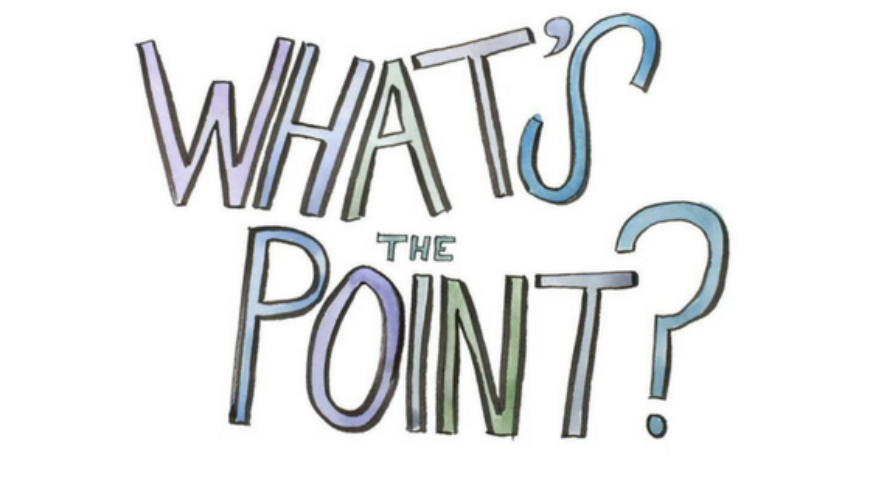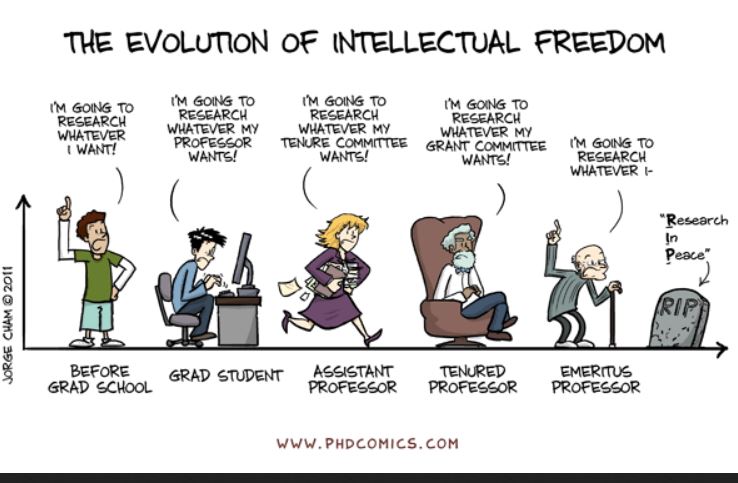Earlier this year I wrote a post about the Plan S open access policy consultation process. I explored what I feel is the purpose of policy consultations, arguing that they are not radical or deliberative democratic exercises but are instead intended to confer a sense of legitimacy to top-down policy mandates:
The consultation process is not necessarily about changing the policy, but about understanding how it can be made palatable to the most important ‘stakeholders’ that will be impacted by it.
https://www.samuelmoore.org/2019/02/13/plan-s-whats-the-point-of-policy-consultations/
In essence, policy consultations are about tweaking and window-dressing. They are a way for policymakers to appear amenable to stakeholder concerns and show that policies have been subject to a certain amount of ‘democratic’ scrutiny.
Continue reading “Plan S: what’s the point of policy consultations? (part 2)”







